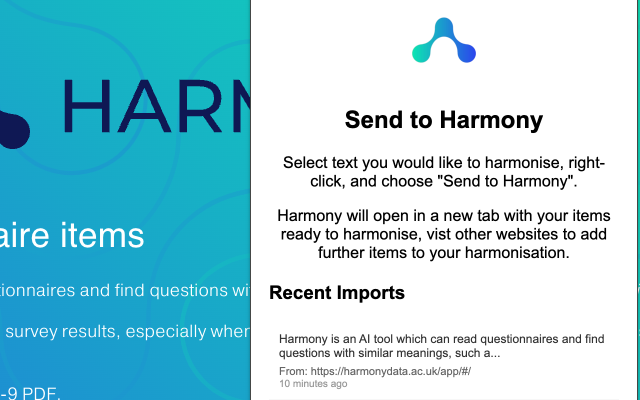
We are proud to have launched our first competition on Kaggle!
The primary challenge of this competition is to develop an AI tool or method that can accurately extract questionnaire questions from documents, primarily PDFs.
This competition offers a unique opportunity for participants to contribute to the field of natural language processing and document analysis as well as open source for social science while developing solutions that have real-world applications. We encourage participants to think creatively, leverage available resources, and push the boundaries of current technologies.
Requirements: Python 3.10 or greater
Create an account on Kaggle.
Install Kaggle on your computer:
pip install kaggle
On the Kaggle website, download your kaggle.json file and put it in your home folder under .kaggle/kaggle.json.
Download and unzip the competition data:
kaggle competitions download -c harmony-pdf-and-word-questionnaires-extract
unzip harmony-pdf-and-word-questionnaires-extract.zip
To generate predictions for the training data and write to train_predictions.csv:
python create_sample_submission.py train
To evaluate the train predictions:
python evaluate_train_results.py
To modify the prediction logic or inject your own model, you can edit the function dummy_extract_questions.
To generate predictions for the test data and write to submission.csv:
python create_sample_submission.py test
kaggle competitions submit -c harmony-pdf-and-word-questionnaires-extract -f submission.csv -m "Message"

